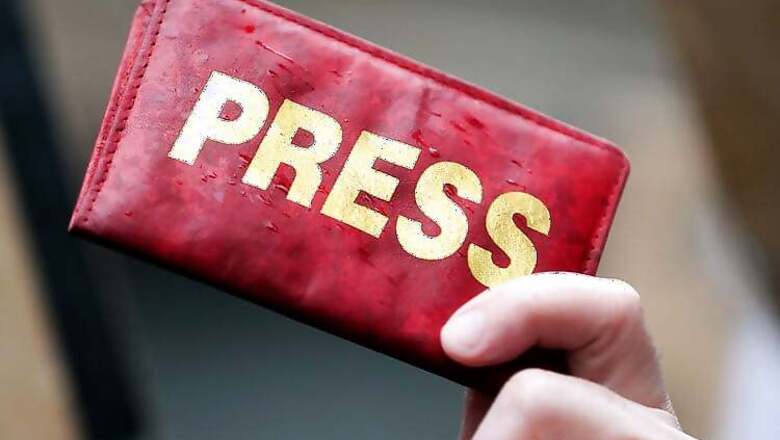
views
The role and relevance of traditional media is in cul-de-sac. Before the advent of Internet, press (newspapers and magazines) barons, broadcasters and the media moguls (owning press and television channels) had a sway over the public sphere: what the people should know, in the public interest, what the audience should watch, and listen; what the readers should read and what they should not—there was a self-imposed censorship too for a proprietorial, political and business reason apart from ideological—and there was no access to them for the audience saving for calling-up, and letters to the editor!
Cross-media owners either transnational such as Rupert Murdoch who own media outlets in the UK, USA, India and China and national cross-media owners like Jains of The Times of India Group (newspapers, magazines, magazines, television stations) had, and have captive audience at regional, national and global level. They are no longer the only gatekeepers along with their peers. The era of press barons and media moguls as gate-keeping or controlling the flow of information is over.
The impact and influence of the controllers of media is checkmated, albeit not completely decimated but reducing, with the birth rise of Internet and gadgets.
During Internet-less years, the media barons commanded the attention of politicians and political parties apart from informing the public (giving news: educating, and enriching the audience to make informed decisions, and play a sensible role in the society, polity and democracy).
The Fourth Estate played a constructive role in a country. Often, it had a symbiotic relationship with the establishment, or took a stance: antiestablishment while very few stood up for an ideology or for a cause (political, religious, racial, anti-immigrants). Their role is challenged now by the collective ownership of the Internet who could also be a netizen.
User & User Generated Content:
The Internet users have unhindered access to information about almost everything posted not only by media outlets but also by theirs (user generated content). Moreover, the users have also become a source of news for the media: posting a snippet of info, uploading a video that is potentially damaging to the government for its wrong-doing, or about a company’s unethical policy.
Internet democratized the flow of information in spite of its limitations (lack of access, purchasing capacity, blocking and banning some sites), it aids democracy.
The digital user (subscriber, registered user) has a presence on a social media website for personal or professional reasons, or for both, or for none saving to snoop on others for time-pass or to satiate perversity. There are specific websites to communicate directly to the world at a micro and macro level for the user: Facebook, Twitter, Google+, LinkedIn, YouTube, Instagram, Flickr, Blogger or Blogspot, WhatsApp and others that have unraveled and unraveling. These websites have a larger following than any other newspaper, or a media-related website, and their reach is broad and sweeping transcending countries and continents. In some cases, in spite of banning some websites the users are bypassing the blockade and sending their message across. For Facebookers, YouTubers, Twitterati…news is reaching them, news is founding (hounding) them!
The Dawn of Digital Barons:
The owners of the top websites command the audience with any political executive of a nation-state. According to Alexa.com (a subsidiary of Amazon, and a leader in web analytics: traffic metrics) the top websites at global level are: Google, Facebook, YouTube, Baidu (China), Yahoo, Amazon, Wikipedia, QQ (China), and Twitter! Their reach to the online audience is in millions and millions. The proprietors of these websites (apps) are the digital barons and in their shadow are the traditional media moguls eking out an existence watching the unfolding drama on their media.
Modi at Silicon Valley in the US:
Prime Minister Narendra Modi is in the US this week to attend the United Nations General Assembly. On the sidelines of the visit, he will be meeting the CEOs of Fortune 500 companies, and also the octogenarian (global) media baron Rupert Murdoch with whom he would discuss among other issues ‘to lift the cap on FDI in media’ in India.
Hailing from the India’s western coastal state of Gujarat, Narendra Modi will also visit the West Coast in the US aka the hub of Internet companies. In Modi’s words it is ‘the home of startups, innovation and technology’ and he will also visit the Google campus. He shall interact with India-born Sundar Pichai the CEO of Google. Traditionally, Pichai is neither a media baron nor a political element but heads the world’s most popular website: Google the search engine which has a golden mine of data about disparate users across the world.
‘India-US Start-up Konnect’ will be enable Indian startups (the hyphen in start-ups is disappearing) are given a chance to be heard by the Silicon Valley (US’ not Bangalore’s: can the latter surpass the former in two decades?) about their ideas and products. Prime Minister Modi noted: India is emerging as a hub of start-ups in a wide range of areas and we aspire to take this further. We want the world to see our innovation capabilities in the start-up sector.
Modi at Facebook office!
The co-founder and CEO of Facebook, Mark Zuckerberg, is the only person in the world who has access to more than a billion people at a click! Prime Minister Modi will attend an event hosted by Mark Zuckerberg on Sunday. Zuckerberg and Modi will also chat about social and economic challenges faced by the world…
Newspapers, magazines and broadcasters shall bend backwards to cover the PM’s visit. Apart from them, even if they want to kill that story, or diminish its importance, the Prime Minister Modi is reaching out directly (without the traditional media) to his audiences through—PMO India Youtube channel, Narendra Modi's Youtube channel, live coverage on Narendra Modi's personal website; also on Mark Zuckerberg's Facebook page as well as on Modi's Facebook page.
Tectonic and invisible shifts are taking place in social and public spheres as a result of the Internet. One among them is in the media landscape aka Fourth Estate.
It is no longer the domain of media barons to censor or control the information, and promote someone or somebody but also that of the digital barons who command more attention if they have more subscribers or users or visitors!
Adieu to media moguls: welcome to the era of digital barons…
(Kovuuri G Reddy practices and teaches journalism. He specializes on Internet & Media. He can be reached at [email protected])













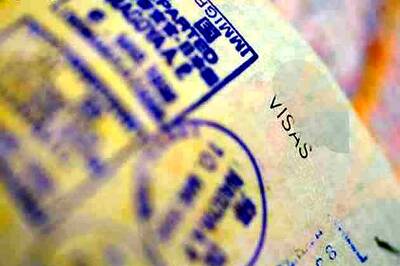
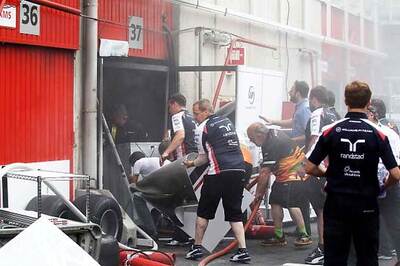
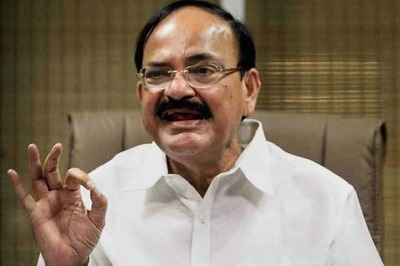



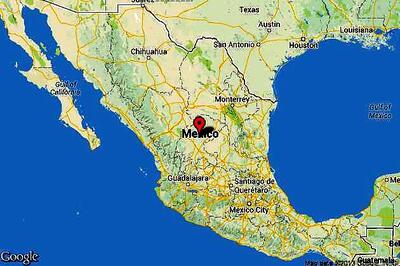
Comments
0 comment